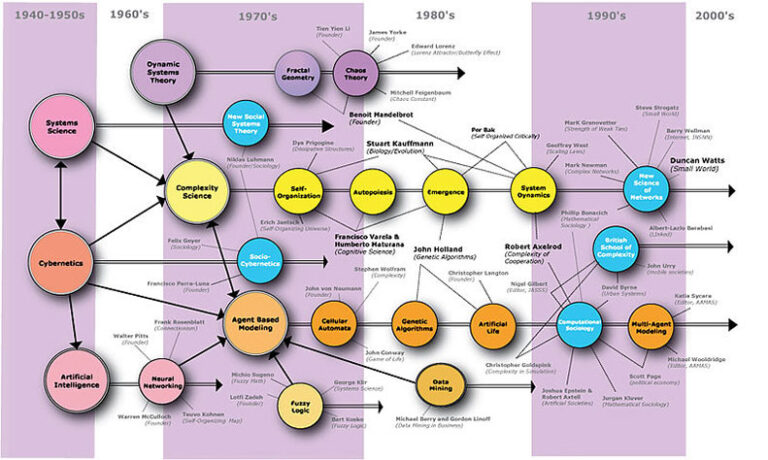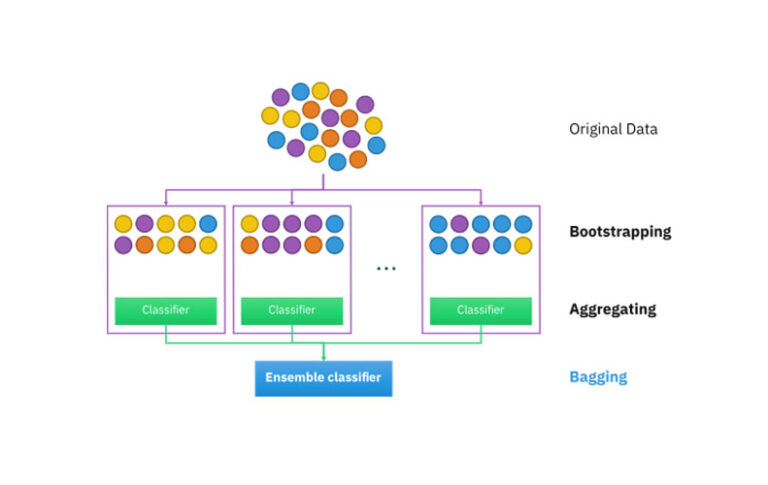Data Science
Table of Contents
The Future of Decision Making
Data science is a rapidly growing field that is transforming the way we make decisions in various industries. By analyzing and interpreting large amounts of data, data scientists are able to uncover valuable insights and trends that can inform strategic decisions and drive business growth. In this article, we will explore the importance of data science, its applications in different sectors, and the skills required to excel in this field.
What is Data Science?
Data science is a multidisciplinary field that combines statistics, machine learning, and computer science to extract knowledge and insights from data. It involves collecting, cleaning, and analyzing large sets of structured and unstructured data to uncover patterns, trends, and correlations that can be used to make informed decisions.
Data scientists use a variety of tools and techniques, such as data mining, predictive modeling, and data visualization, to extract meaningful information from complex datasets.
Importance
Data science plays a crucial role in today’s data-driven economy. By leveraging data analytics and machine learning algorithms, organizations can gain a competitive edge by making data-driven decisions that are based on empirical evidence rather than intuition or guesswork.
Data science enables businesses to optimize their operations, improve customer experiences, and identify new opportunities for growth. In addition, it can help organizations mitigate risks, detect fraud, and enhance cybersecurity measures.
Applications
Data science has applications in a wide range of industries, including healthcare, finance, marketing, and technology.
In healthcare, is used to analyze patient data and medical records to improve diagnoses, treatment plans, and personalized medicine.
In finance, is used to predict market trends, detect fraudulent activities, and optimize investment strategies.
In marketing, is used to analyze customer behavior, segment target audiences, and personalize marketing campaigns.
In technology, is used to develop intelligent systems, such as self-driving cars and virtual assistants.
Skills Required
To excel in data science, individuals need a combination of technical skills, domain knowledge, and soft skills.
Technical skills include proficiency in programming languages, such as Python and R, as well as knowledge of statistical analysis, machine learning algorithms, and data visualization tools.
Domain knowledge refers to understanding the specific industry or domain in which data science is being applied, such as healthcare, finance, or marketing.
Soft skills, such as problem-solving, communication, and collaboration, are also essential for data scientists to effectively communicate their findings and collaborate with cross-functional teams.
Challenges and Opportunities
While data science offers numerous opportunities for organizations to leverage data for strategic decision-making, there are also challenges that need to be addressed.
One of the key challenges is data quality, as inaccurate or incomplete data can lead to biased or erroneous results.
Another challenge is data privacy and security, as organizations need to comply with regulations and protect sensitive information from unauthorized access.
Despite these challenges, data science presents immense opportunities for organizations to unlock the value of their data and gain a competitive advantage in the marketplace.
Conclusion
In conclusion, data science is a powerful tool that enables organizations to extract valuable insights from data and make informed decisions that drive business growth. By leveraging data analytics, machine learning, and data visualization, data scientists can uncover patterns, trends, and correlations that inform strategic decisions and optimize business operations.
As the demand for data science skills continues to grow, individuals who possess the technical and soft skills required to excel in this field will be well-positioned to succeed in the data-driven economy. Data science is not just a trend, but the future of decision making in a world that is increasingly driven by data.



